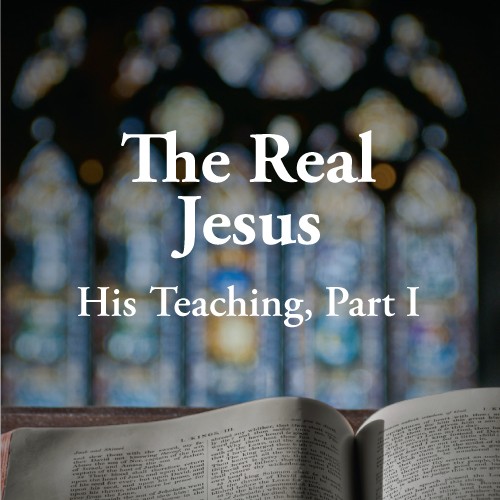
Who is the Real Jesus?
Tim Keller | September 8, 1996
Overview
John the Baptist used to support Jesus, and at one point he actually encouraged his disciples to follow Jesus. But in Matthew 11, he asks, “Are you the One who is to come or should we look for another?”
Why would John be struggling with the identity of Jesus? The first reason was because his life was going so badly. The second reason was that he heard the things Jesus was doing and it filled him with offense. The average educated person in New York feels exactly the same way: “How can I believe in Jesus Christ in light of the sufferings of my life and of the world in general?” and secondly, “How can I believe in someone who is so emotionally and intellectually offensive in the things he says and does?”
What’s so great is that Jesus does not say, “How dare you question me?” But he gives John an answer. And it’s an amazing answer. We actually can learn 1) two things from John’s question and 2) two things from Christ’s answer.




